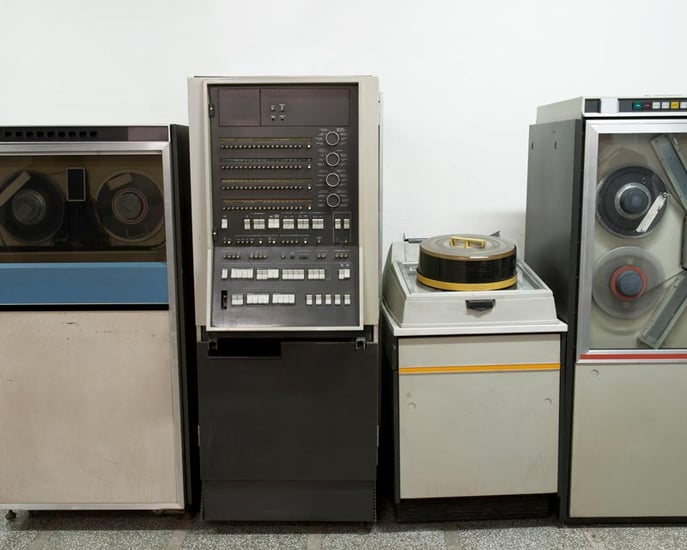I am going to run this sentence through Google Translate, first into Chinese, and from Chinese, back into English.
"我要運行這句話通過谷歌翻譯,首先進入中國,並從中國,回到英國"
It then becomes: “I want to run this statement by Google translation, the first to enter China, and from China, return to England.”
It is unclear where certain words were dropped or mistranslated, but as you can see, machine translation is hardly precise. Even in simpler translations, words and meaning are dropped or lost entirely.

The idea for machine translation first emerged during the second World War when an American scientist learned about the work Alan Turing did with fellow British cryptographers to break the Germans’ Enigma Code. A problem had emerged immediately post-war: keeping abreast of Russian scientific publications. There were simply too many documents to review, and not enough translators to review them.
That same scientist, Warren Weaver, decided to look at Russian as “English in Code”, and he set about finding a mechanical solution to decode it. It wasn’t until 1988, however, that a team of IBM engineers presented a more feasible approach to the idea of machine translation. They held that Weaver’s method of “decoding” language was essentially correct, but that computers of his era just weren’t powerful enough for the job. “Our approach,” they wrote, “eschews the use of an intermediate mechanism (language) that would encode the ‘meaning’ of the source text.”
This largely holds true today. Machine translation devices such as Google Translate or Skype Translator do not — indeed, cannot — concern themselves with layers of meaning, idioms, or cultural slang. They can only be relied upon to translate each word, one at a time, from one language to another. As far as Weaver is concerned, this is all that really matters. He was quoted saying,
“No reasonable person thinks that a machine translation can ever achieve elegance and style. Pushkin need not shudder.” Google Translate is literal, but inelegant. In Russian, that becomes: “Google Translate является буквальным, но безвкусный.” And back in English, we get: “Google Translate is a literal, but tasteless.”
As you can see, machines can do an incredible job translating one word at a time. But how often do our thoughts or conversations happen one word at a time? Not very often. When it comes to getting an accurate, high-quality translation, there is no alternative to a native-speaking, certified, human translator.
Want to learn more? Read our guide on how to select the best Language Service Provider for your company.









